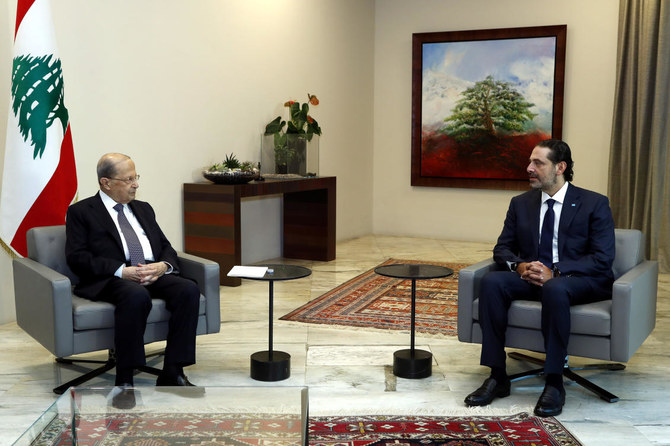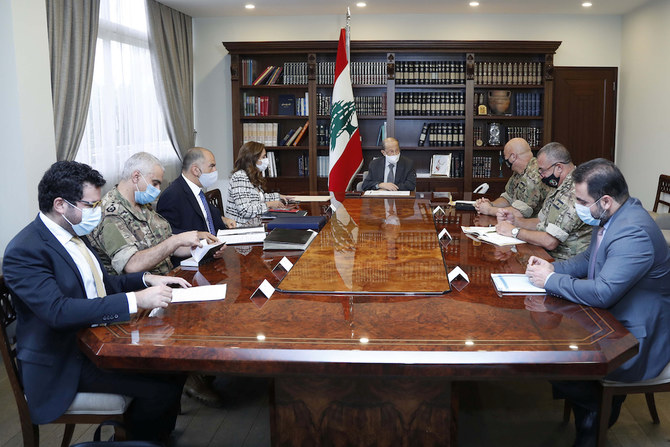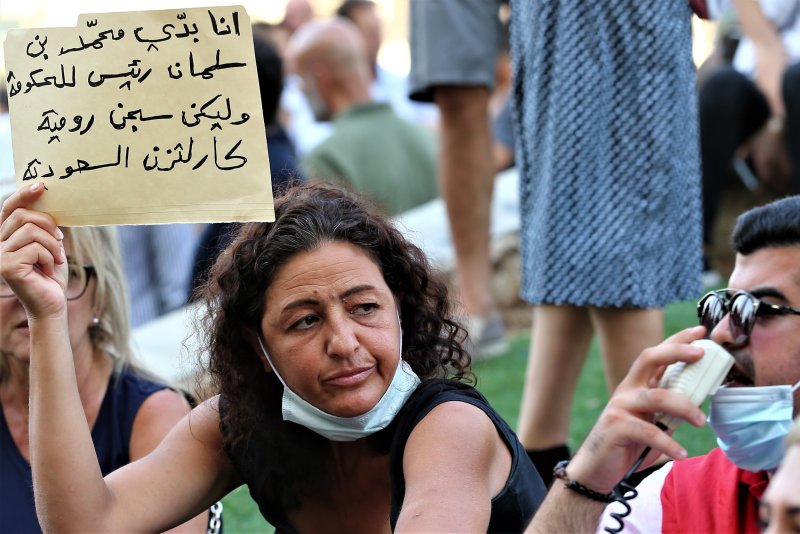
by dailystar.com.lb — Hussein Dakroub — BEIRUT: French President Emmanuel Macron is outraged by Lebanese political leaders’ failure to act quickly to form a new government to deliver reforms and has therefore decided to wash his hands of the Lebanese crisis for now, a Western diplomatic source said Sunday. However, despite Macron’s frustration with rival Lebanese politicians’ lack of seriousness in dealing with the country’s worst economic and financial crunch in decades, the French initiative to rescue Lebanon from a series of multiple crises is still alive, the source told The Daily Star. “President Macron has washed his hands of the Lebanese crisis, in a move reflecting his disappointment with Lebanon’s political leaders’ continued obstruction of the formation of a new government to enact urgent reforms. He has relegated to the French cell of former French ambassadors who served in Lebanon the job of following up on the implementation of the French initiative to save Lebanon,” the source said.
Macron’s fiery stance came after President Michel Aoun this week suddenly postponed until Oct. 22 binding parliamentary consultations to designate a new prime minister that were set to take place Thursday, apparently due to a lack of strong Christian support for former Prime Minister Saad Hariri’s nomination. Hariri had appeared assured of gaining the support of a parliamentary majority sufficient to designate him to form a new government despite opposition from the two main Christian blocs — the Free Patriotic Movement and the Lebanese Forces. Hariri, backed by France and regional powers, had emerged as the favorite candidate to form the next government in the absence of a serious Sunni rival. Aoun cited what he called “difficulties that need to be resolved” for his decision to postpone the parliamentary consultations. But Future Movement MP Assem Araji had told The Daily Star that Aoun acted at FPM leader MP Gebran Bassil’s behest to postpone the parliamentary consultations in a bid to block Hariri’s designation for the premiership. A source at Baabda Palace Sunday said the binding consultations would go ahead as scheduled Thursday. “So far, the consultations will take place as planned on Thursday. Barring last-minute hitches, Prime Minister Hariri is expected to be designated as prime minister Thursday,” the source told The Daily Star.











